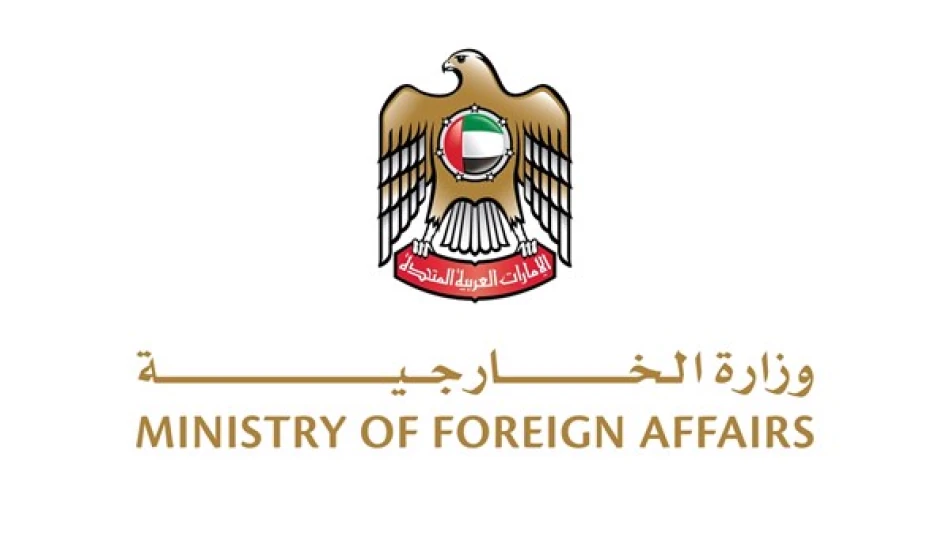
UAE Condemns Attack Targeting Vehicles in Nigeria's Plateau State
UAE Condemns Deadly Attack on Vehicles in Nigeria's Plateau State
The United Arab Emirates has issued a strong condemnation of a violent attack that targeted multiple vehicles near Mangour village in Nigeria's Plateau State, resulting in several casualties. The incident highlights the ongoing security challenges facing Nigeria's Middle Belt region, where ethnic and religious tensions have fueled years of deadly violence.
Official Response and Diplomatic Stance
The UAE's Ministry of Foreign Affairs released a statement expressing "severe condemnation" of what it termed criminal acts, reaffirming the nation's consistent rejection of all forms of extremism and terrorism that threaten security and stability. The ministry extended condolences to the victims' families and to Nigeria's government and people following what it described as a "heinous and cowardly attack."
Strategic Implications for UAE-Nigeria Relations
This diplomatic response underscores the UAE's growing engagement with African nations as part of its broader foreign policy strategy. The Emirates has significantly expanded its economic and diplomatic footprint across Africa in recent years, with Nigeria representing a key partner given its status as Africa's largest economy and most populous nation.
Context of Violence in Nigeria's Plateau State
Plateau State, located in Nigeria's volatile Middle Belt region, has experienced recurring cycles of violence often attributed to competition over land and resources between predominantly Christian farming communities and Muslim herders. The area serves as a cultural and religious fault line between Nigeria's largely Muslim north and Christian south.
Broader Security Challenges
The attack near Mangour village reflects Nigeria's broader security crisis, which includes Boko Haram insurgency in the northeast, banditry in the northwest, and separatist tensions in the southeast. These multiple security challenges have strained Nigeria's military resources and damaged investor confidence in Africa's largest economy.
Regional and International Response Patterns
The UAE's swift condemnation aligns with a pattern of Gulf states taking more active diplomatic stances on African security issues. This approach mirrors similar responses from Saudi Arabia and Qatar, as Gulf nations compete for influence across the African continent through investment, aid, and diplomatic engagement.
For international partners and investors, Nigeria's persistent security challenges represent both risks and opportunities. While violence deters some investment, it also creates demand for security services, infrastructure development, and governance support – areas where the UAE has demonstrated expertise and interest.
Most Viewed News

 Layla Al Mansoori
Layla Al Mansoori






